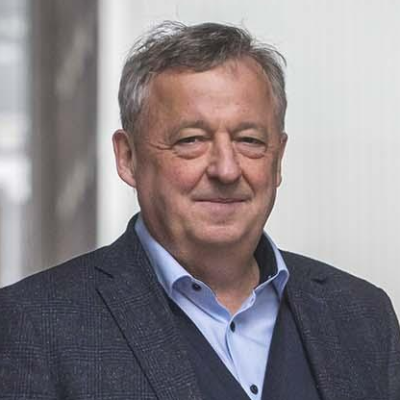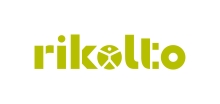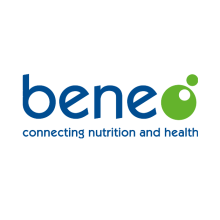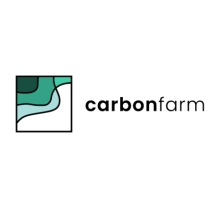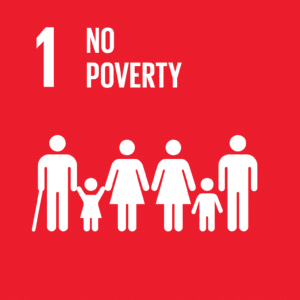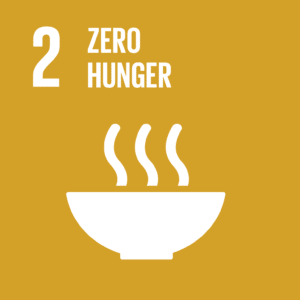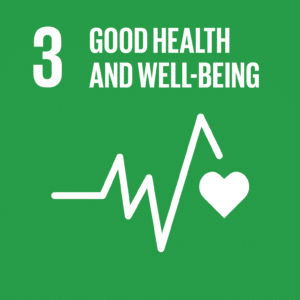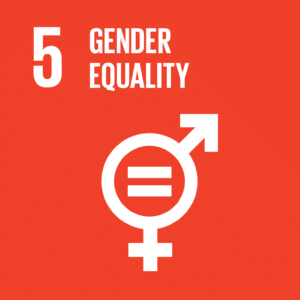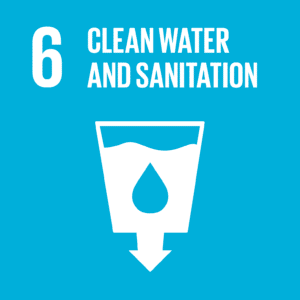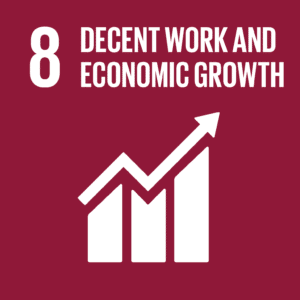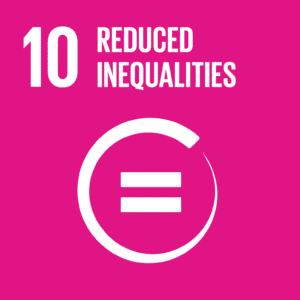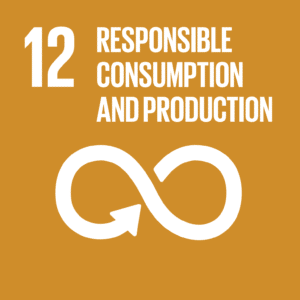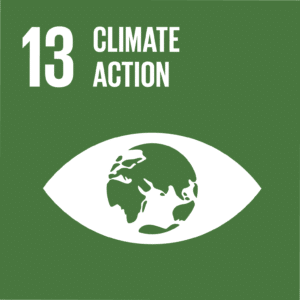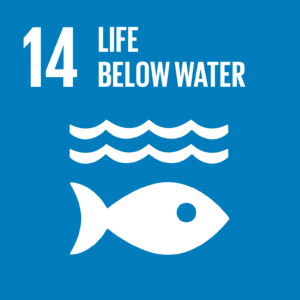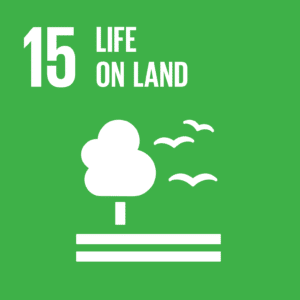Innovative value chain for promoting sustainable rice cultivation in the Mekong Delta
Challenges for sustainable rice production in Vietnam
Rice production in Vietnam plays a crucial role in food security and the economy but faces significant challenges in terms of sustainability and environmental impact. Globally, rice fields account for 12% of methane emissions, a greenhouse gas over 20 times more harmful than CO2. Additionally, rice production consumes vast amounts of water. In Vietnam, agriculture is responsible for 23% of the nation’s greenhouse gas emissions, nearly half of which come from irrigated rice fields.
Although Vietnam is one of the world's largest rice exporters, the sector struggles with inefficient water use, excessive use of fertilisers and pesticides, and the burning of rice residues. These practices contribute to soil degradation, biodiversity loss, and high emissions. Climate change exacerbates these challenges, such as saltwater intrusion and declining soil fertility threatening to reduce rice production by over 15% by 2050. Moreover, Vietnamese farmers face land ownership restrictions, high production costs, which limit their incomes. They also receive insufficient support for transitioning to sustainable rice farming practices.
An integrated approach is essential to reduce the environmental impact of rice production and to encourage the transition to sustainable, climate-resilient rice cultivation.
Sustainable rice cultivation through support, innovation and market development
An innovative value chain market model is being scaled up, with proven effectiveness in promoting more sustainable rice production practices and supporting climate adaptation and mitigation in the Mekong Delta. This model connects small-scale farmers to markets, creating additional incentives for cultivating sustainable rice.
Farmers and cooperatives will receive support to implement sustainable agricultural practices in line with the standards of the Sustainable Rice Platform (SRP). This includes training in efficient water management, responsible use of chemicals, and the implementation of demonstration fields to showcase practical applications of sustainable rice farming. Cooperatives will be equipped to provide services that assist farmers in scaling up sustainable rice production. At the same time, successful business cases will be documented to inspire farmers and cooperatives and encourage the adoption of sustainable practices.
The sale of sustainable, low-emission rice and derivative products, such as rice starch, flour, and protein, will be expanded in both domestic and international markets. For export markets, collaboration will be established with SRP-certified rice processing companies, while market research and targeted marketing strategies will boost domestic sales.
Innovative technologies, such as satellite monitoring and digital logbooks, will be used to closely monitor farming practices and scientifically measure emissions and water usage. This approach enables the certification of greenhouse gas and water use reductions and offers a standardised method for monitoring and quantifying emissions in rice value chains. This method can be adopted and scaled by other organisations to address ‘scope 3’ emissions (all indirect greenhouse gas emissions resulting from a company’s activities but originating from sources not owned or directly controlled by the company).
Sustainable rice production can reduce greenhouse gas emissions by 48% and water usage by 30% without any loss in yield. Approximately 1,000 farmers in the Mekong Delta will adopt low-emission agricultural practices, while their production costs are expected to decrease by an average of 10%. The implementation of SRP standards will help farmers adapt to climate change and use water and resources more efficiently.
In addition, standardised methods for measuring emissions in rice value chains are being developed, ensuring Vietnam’s rice sector not only becomes more sustainable but also serves as a source of inspiration for other organisations worldwide.
Would you like to know more about this project?
